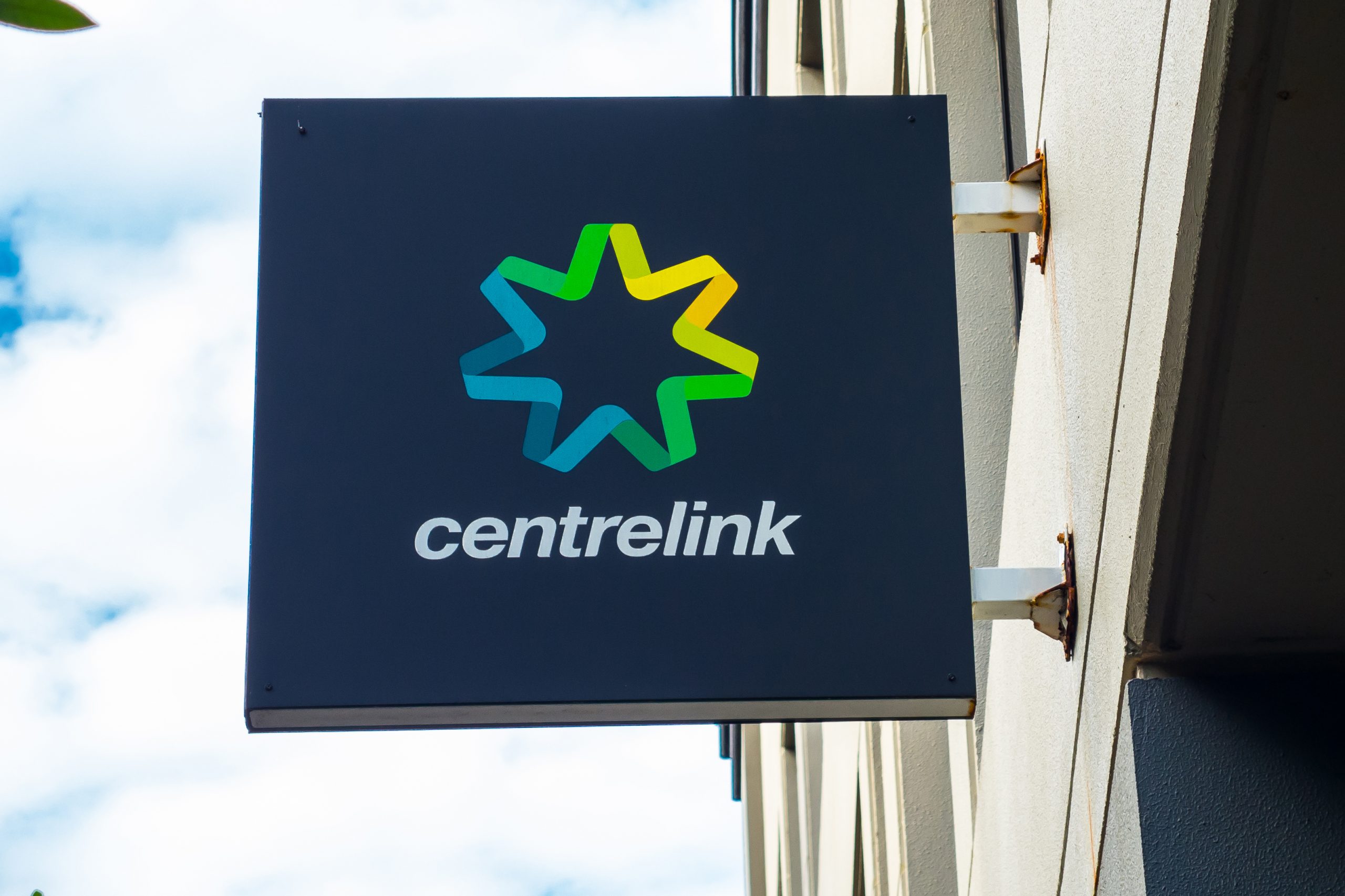Some 130 people died of a terminal illness before Centrelink granted disability support pension

Some 130 people diagnosed with a terminal illness died before Centrelink granted them access to the disability support pension last year, new data reveals.
The figures were provided to the Senate in response to questions from the Greens senator Rachel Siewert, who described them as “unacceptable”.
People who have a terminal illness are not required to go through the full application process, meaning their claims should be prioritised by Services Australia.
“You would think that this process would be expedited for someone with a terminal illness,” Siewert told Guardian Australia.
“I’ve had concerns expressed to me by constituents about the time taken and the process when they’re supporting a loved one with a terminal illness. And so it’s extremely disappointing that this is occurring.”
Under social security law, people with less than two years left to live should have their claims approved “based on the presenting medical evidence”, without the need for further assessment. This is known as a “manifest grant”.
Accessing the disability support pension means a person is paid a base rate of $952.70 a fortnight, compared to $620.80 for the jobseeker payment.
In recent years, the disability payment has become increasingly difficult to obtain due to tightened eligibility and application requirements imposed by both Labor and Coalition governments.
However, Siewert said specific provisions for people with a terminal illness meant the delays in these cases were more likely to be a processing issue at Services Australia rather than related to the tightened rules.
Linda Forbes, a policy officer at Economic Justice Australia, said most commonly people eligible for a “manifest grant” due to terminal illness would have cancer.
She questioned whether Centrelink’s increasingly digitised systems meant the most severe cases were not being effectively expedited, compared to when an applicant would first speak to an employee face-to-face.
“It used to be the case that these sort of cases would be identified really quickly and prioritised,” she said. “It is hard to imagine why that isn’t still happening.”
Forbes added: “Definitely, there’s something going wrong or the numbers wouldn’t be so high.”
Other data obtained by Siewert provides a broader picture of the number of people who die each year waiting for a disability support pension claim to be approved.
It showed in the five years between 2016 and 2020, 2,026 people died before their disability support pension claim was approved – an average of 405 per year.
These figures include people who were terminally ill, but also those who died while waiting for the pension and whose deaths may not have been related to their condition.
It should be noted the figures are a fraction of the approximately 950,000 claims decided each year. About 60,000 were rejected in the 2019-20 financial year.
But advocates have said the delays have a huge impact on the lives of terminally ill people seeking help from the government in the last months of their lives.
This was the case in a tragic story revealed by Guardian Australia in 2019, in which a man with bowel cancer spent his last days surviving on the jobseeker payment, according to his case worker.
Katrina Newman, of DRC Advocacy, told Guardian Australia at the time that the man had died in hospital with his claim still pending, 54 days after he first lodged the application with Centrelink. The agency went on to approve his claim posthumously and paid his estate $4,207.33 in backpay, Newman said.
Siewert said the government needed to review its processes so people did not die waiting for support.
“It makes me think, well, what circumstances have they been in?” she said. “How has that affected them? How they impacted on them while they had the terminal illness?
“It’s unacceptable that people are put through this.”
While public debate in recent years has focused on the rate of the jobseeker payment, social security advocates have long held concerns about extended waiting times and decreasing access to the disability pension, and last week, the Senate agreed to hold an inquiry into the payment.
In 2019, the average time for a disability support pension claim to be processed was 49 days. But anecdotally, some claimants have reported waiting years before being able to access the payment.
The Senate inquiry is likely to examine the introduction of an 18-month waiting period that applies to those who apply for the disability support pension but are not considered unwell enough to be initially approved.
These people must look for work for 18 months through a job agency before they meet the criteria to have their claim re-examined.
Since the change was introduced by the Gillard government, more than 14,000 people spent 18 months on the $40-a-day jobseeker benefits before they were finally granted the disability pension.
Hank Jongen, a Services Australia spokesman, said the “vast majority of claims” were processed in a “timely way”.
“We also have an enhanced claiming process for people who have a terminal illness to ensure their claim is assessed as quickly as possible,” he said.
“We’ll also connect them and their family to other support available, like social worker assistance.
“Sadly in a very small number of cases, some claimants have died before their claim could be finalised. Last year, these cases were 0.2% of all DSP claims finalised during this time.
“DSP may still be granted in these cases, in recognition of a person’s eligibility from the date they submitted their claim to the date of death, with payments made to the claimant’s estate.”
Source: The Guardian




